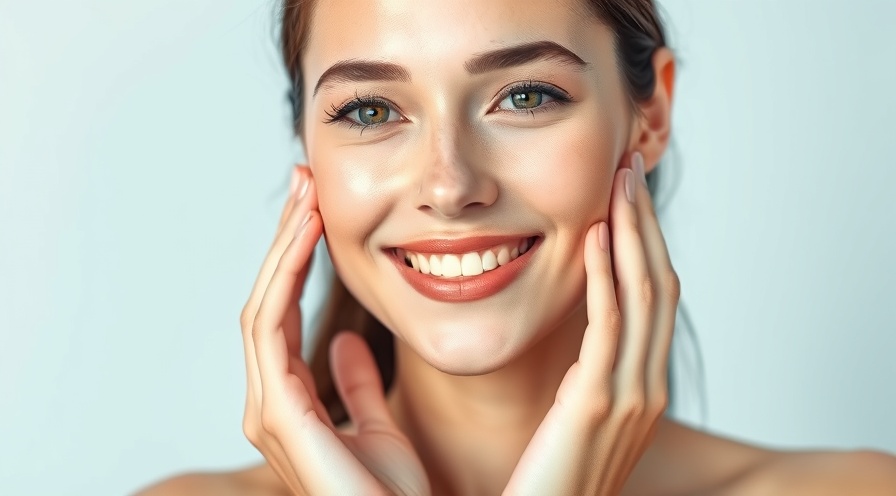
Teen Skincare Myths: The Risks You Should Know
In an era dominated by social media influence, many teenagers are turning to platforms like TikTok and Instagram for skincare advice. While this may seem convenient, recent studies show that the skincare routines popularized online can expose teens to harmful ingredients that could worsen their skin problems rather than improve them. Dermatologists emphasize the need for a critical approach to the myriad of skincare myths circulating among young audiences.
Common Myths in Teen Skincare
The first myth often encountered is the belief that using beef tallow, an animal fat touted by influencers as a miracle skincare remedy, will clear acne and give a glowing complexion. In reality, beef tallow is comedogenic, meaning it clogs pores and can provoke breakouts, particularly for those with oily or acne-prone skin. Instead, opting for gentle moisturizers like CV Skinlabs Calming Moisture can provide hydration without the risk of clogging pores.
Another popular myth is that "more acids and exfoliants equal better skin." Teens often misinterpret this concept and may overuse products containing alpha and beta hydroxy acids, inadvertently stripping their skin of its natural barrier. This can lead to increased sensitivity, redness, and a cycle of irritation.
Social Media Influence and Its Misconceptions
As teens navigate their skincare playlists on social media, they're also bombarded with misleading information. For instance, the myth that "tanning clears acne" persists, leading many to bask in the sun or use tanning beds, which causes detrimental long-term damage and raises skin cancer risks. Additionally, many teenagers believe that natural means safe, often gravitating towards DIY recipes that might include harmful ingredients like lemon juice or toothpaste, both of which can be irritating or damaging to the skin.
Understanding Individual Skin Needs
One important aspect of skincare that teens often overlook is the uniqueness of their skin. A product that works well for a friend may not yield the same results for them. Thus, it's crucial to personalize skincare choices based on one's skin type and specific concerns. Given the high sensitivity of teen skin, a simpler routine is typically more effective. Recommendations include gentle cleansers, non-comedogenic moisturizers, and SPF to combat sun damage.
The Importance of Prevention
Ultimately, awareness of what's healthy for your skin is vital during these formative years. Consulting with dermatologists or skincare specialists can provide personalized plans that genuinely address specific problems rather than following online trends blindly. The approach should be preventative rather than reactive, ensuring healthy skin habits are established early on.
If you're a teen or a parent looking for ways to ensure effective skincare choices are made, it’s time to be proactive in separating fact from fiction. Embrace informative resources and consult professionals for guidance in establishing a suitable skincare routine.
 Add Row
Add Row  Add
Add 




Write A Comment